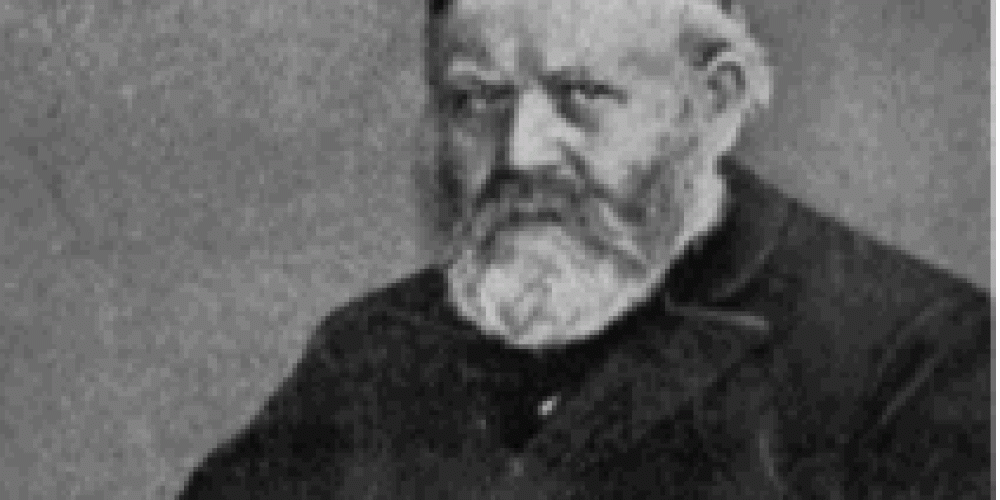
"Tzedek tzedek tirdof, justice, justice you shall pursue in order that you may live and inherit the land that the Lord your G-d is giving you" (Devarim 17:20). Perhaps the most important ingredient for a functioning society is an honest, impartial, and fearless justice system. Without justice, anarchy reigns and society crumbles. The inability of the courts to deal with the many injustices in the early part of the first century CE was the precursor to destruction and the exile of the Jewish people. The requirements to be a judge are necessarily onerous, and form the first message of Sefer Devarim. As Sefer Devarim is the book of preparation of the people for entry to the land of Israel it must begin with the dispensation of justice.
One of the most interesting laws of testimony is that of edim zomemim, plotting witnesses. To cite the classic case: two witnesses testify that Reuven killed Shimon, say, Monday at 3:00 pm. However, before Reuven can be executed for his crime, a second set of witnesses testifies that the first set of witnesses were with them on Monday at 3:00 pm. It may be true that Reuven killed Shimon, but these "witnesses" could not have seen such, as they were elsewhere.
The Torah declares that the we believe the second set of witnesses, and the first set are to receive the punishment they had wanted to inflict on Shimon; in this case, the death penalty. What has troubled many over the years is, why do we believe the second set of witnesses over the first?
This is especially difficult when we consider two more rules of testimony. If the second set of witnesses had testified that the alleged perpetrator, Reuven, was with them Monday at 3:00 pm, Jewish law would throw out the testimony of both pairs of witnesses. We simply have no way of knowing who is telling the truth and who is lying.
Why believe the second set of witnesses when they testify against the first set of witnesses, but not when they testify about the perpetrator? Here, too, we seemingly have no way of knowing who is telling the truth. Furthermore, the law of edim zomemim only applies if they are found to be false before the court actually announces its verdict. But once the verdict is announced and Reuven executed, even were 100 witnesses to testify that the first set of witnesses were with them Monday at 3:00 pm, no punishment is given to this first pair of witnesses. How might we explain these seemingly baffling laws?
Rav Dovid Tzvi Hoffman--the great 19th and early 20th century German rabbinic authority and Bible scholar (he wrote the first detailed response to the finding of Biblical criticism)--has the following fascinating interpretation. He notes, "There is almost no one in the land who does not have friends and enemies". When one set of witnesses says that Reuven was the murderer and another set says Reuven was with them, thereby providing a ready alibi, it might be the first set is telling the truth and Reuven really is a murderer. The second set is trying to save their friend--and are willing to lie to do so. Alternatively, the second set of witnesses is telling the truth and Reuven is not guilty. However, the first set hate Reuven so much they are willing to lie to have him killed. We just don't know who is telling the truth, so neither set of witnesses can be accepted.
However, when the second set of witnesses say nothing regarding Reuven and testify regarding the witnesses themselves, it stands to reason that they, the second pair, are telling the truth. If they had wanted to save Reuven, they had a much easier route. All they had to do was to testify that Reuven was with them Monday at 3:00 pm. In such a case, no matter what transpires afterwards, Reuven cannot be executed. By testifying against the witnesses, it is still possible that Reuven will be found guilty by a third set of witnesses. So clearly, their testimony has nothing to do with Reuven. But perhaps they hate the first set of witnesses, and are willing to lie to have them killed. Such a scenario, Rav Hoffman explains, is most unlikely. While everyone has enemies, the chances that two people would hate both witnesses (and the laws of plotting witnesses requires that both witnesses be found lying) is low indeed.
Even in such an unlikely scenario, there is a much easier route to harm them. The second set could testify that the first set of witnesses themselves had killed someone, or even that they committed some other crime that carries the death penalty. Lying in such a way in addition to harming the innocent, also frees the guilty. By carrying out such a plot, Reuven, too, would go free. Better to make up a less complicated story.
However, once Reuven is executed, these arguments no longer hold water. Here, it is very possible the second set of witnesses were good friends of Reuven, and are willing to lie to avenge his death. In such a case, there is no reason to believe the second set of witnesses over the first.
Furthermore, extending the laws of plotting witnesses to post-execution would destroy our justice system. No witness would ever be willing to testify in a capital case. There would always be the fear that some disgruntled friend of Reuven would come and make up a story that the original set of witnesses were somewhere else on Monday at 3:00 pm. It is only when and because it is near certain that the first set is actually lying that they can be given the punishment intended for others they meant to harm.
It is quite clear that one does not have to do actual harm in order to be liable for the death penalty. The intent to kill is reason enough to deserve death. This is a crucial message that, especially after the war against Hamas, we need to teach the world.



